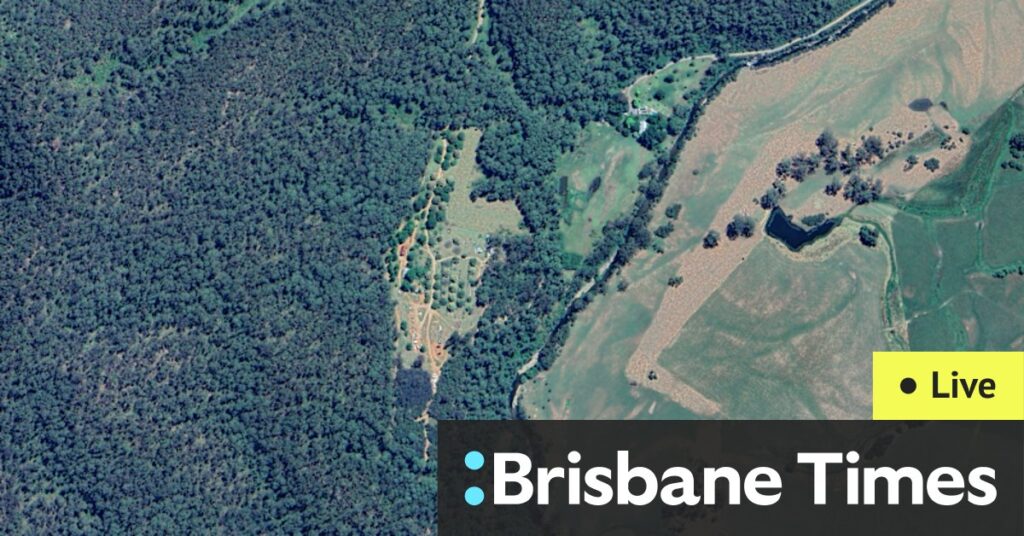
Two Victorian police officers were tragically shot dead, and another was wounded near Bright in the alpine region of Porepunkah this morning. The alleged shooter is reportedly linked to the sovereign citizen movement, a radical group known for its anti-government beliefs. In response, Prime Minister Anthony Albanese emphasized the need to take the threat of extremist ideologies seriously.
The incident has drawn parallels to a similar tragedy in 2021, where three self-styled sovereign citizens killed two police officers and a neighbor in Wieambilla, Queensland. Speaking on ABC’s 7.30 program, Albanese expressed his condolences and highlighted the ongoing threat posed by such extremist groups.
Understanding the Sovereign Citizen Movement
Sovereign citizens are considered part of a radicalized fringe group that adheres to conspiracy theories and rejects the legitimacy of government authority. This ideology has gained traction in various countries, including the United States, where it has been linked to numerous violent incidents.
Prime Minister Albanese noted, “We know that the Director General of ASIO has warned about far-right extremism. This is something that has permeated other nations as well. We see it being multiplied in the United States.”
Historical Context and Recent Developments
The sovereign citizen movement is not new, but its influence appears to be growing. In recent years, Australia has seen an uptick in activities associated with this ideology, including protests and legal challenges against government institutions. The Australian Security Intelligence Organisation (ASIO) has been monitoring these developments closely.
Albanese referenced past incidents, stating, “We saw a tragic loss of life in Queensland as well previously, and I attended the funeral service – which was so sad – of the officers there.”
Expert Opinions on the Threat
Security experts warn that the sovereign citizen movement poses a significant threat due to its decentralized nature and the potential for lone-wolf attacks. According to ASIO, the movement’s followers often act independently, making it challenging to predict and prevent violent incidents.
“The fact that this ideology of not seeing themselves being subject to our laws and our society…is of real concern,” Albanese remarked, emphasizing the need for vigilance.
Implications and Future Actions
The recent incident in Porepunkah has reignited discussions on how to effectively counter the threat posed by extremist ideologies. The Australian government is likely to review its policies and strategies to address this issue, potentially increasing resources for intelligence and law enforcement agencies.
Meanwhile, communities are urged to remain vigilant and report any suspicious activities to authorities. The government is also expected to enhance public awareness campaigns to educate citizens about the dangers of radical ideologies.
As investigations continue, the focus remains on preventing further tragedies and ensuring the safety of all Australians. The events in Porepunkah serve as a stark reminder of the ongoing challenges posed by extremist groups and the importance of a coordinated response.






